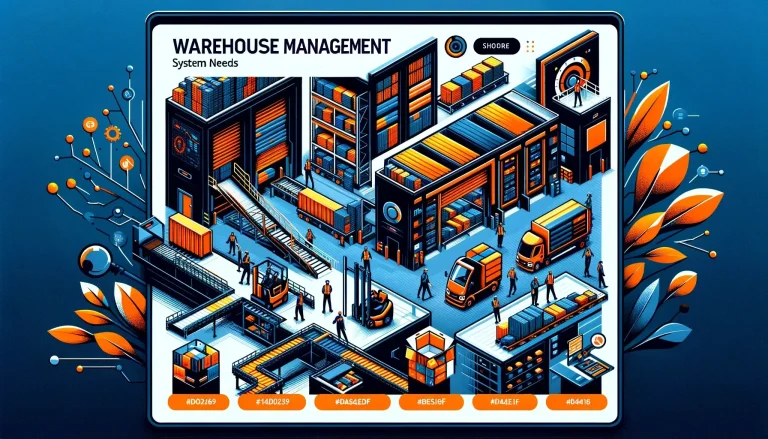In 2024, the world of online gaming is more interconnected than ever, bringing with it the thrill of competition, vast virtual worlds, and real-world stakes. Whether you’re competing in high-stakes esports tournaments or engaging in games like Betwinner Aviator, which combines betting elements with gaming, the risks are real. As gaming technology evolves, so do the threats that could compromise your personal data. Let’s dive into the current cybersecurity landscape for gamers and how you can protect your information in this fast-paced digital era.
Why Gamers Are Targets
Gaming is a lucrative target for cybercriminals for several reasons. First, gamers often possess valuable digital assets—such as rare items, skins, or in-game currency—that can be sold on black markets. Second, the proliferation of online gaming platforms means personal and financial information is constantly being shared across networks, making it susceptible to breaches. As of 2024, it’s estimated that the gaming industry will generate over $200 billion in revenue globally, and this massive financial footprint makes players a prime target for cyberattacks.
Key numbers that highlight the severity of these threats include:
- Over 30% of all gamers have experienced some form of cyberattack.
- $6 million worth of digital assets were stolen in 2023 alone from online gaming platforms.
- The rise in AI-driven malware has increased the success of phishing attacks in the gaming industry by 20% in the last year.
With this in mind, how can gamers protect themselves?
Essential Steps for Gamers to Protect Their Data
Even though the risks are high, protecting yourself doesn’t have to be overly complicated. Implementing a few key security measures can significantly reduce your vulnerability.
Here are three basic but powerful actions you can take:
- Use Strong, Unique Passwords: Never use simple passwords such as “12345” or your username. Opt for long, unique combinations that include numbers, special characters, and a mix of uppercase and lowercase letters.
- Enable Two-Factor Authentication (2FA): This adds an extra layer of security by requiring not just a password but also a secondary verification step, like a code sent to your phone.
- Keep Software and Devices Updated: Outdated software is a vulnerability. Always ensure your game, console, and PC have the latest security patches installed.
These actions form the foundation of a secure gaming environment. However, threats in 2024 go far beyond simple hacking.
Emerging Threats in 2024
As we move further into an AI-driven world, cybersecurity for gamers is becoming more complex. Cybercriminals are increasingly relying on advanced tools like generative AI to enhance their attacks. These AI tools can now craft sophisticated phishing scams that mimic the style of official game developer emails or create deepfakes that imitate a friend’s voice asking for money or sensitive information.
AI also powers automated malware, enabling hackers to scan for system vulnerabilities faster than ever before. This is particularly concerning in gaming, where players may neglect regular updates in favor of uninterrupted gameplay. In fact, AI-driven malware can exploit unpatched systems within minutes, compromising not only your gaming account but potentially your entire network.
To stay ahead of these evolving threats, it’s essential to:
- Be cautious of AI-generated phishing attempts. Always double-check the sender’s details and be wary of unusual requests.
- Consider using a Virtual Private Network (VPN) when gaming on public networks to encrypt your data and avoid interception by hackers.
- Invest in good antivirus software to detect and block potential threats before they infiltrate your system.
The Role of Cloud Gaming and Data Security
Cloud gaming is another rising trend that introduces new cybersecurity challenges. With services like Google Stadia and Nvidia GeForce Now, players can stream games directly to their devices without needing a high-end PC or console. While convenient, this also means personal data, including gaming preferences and payment information, are being stored on third-party servers.
For secure cloud gaming, follow these tips:
- Only use trusted cloud gaming services. Ensure that the platform uses strong encryption methods and regularly updates its security protocols.
- Monitor account activity. Regularly check your gaming accounts for any unusual transactions or login attempts.
- Back up important data. Save your progress and essential data offline to avoid losing access in the event of an account breach.
FAQs
1. What are the most common cybersecurity threats for gamers?
The most common threats include account hacking, phishing scams, and malware attacks targeting personal and financial information.
2. How does AI impact gaming security?
AI-powered tools are making phishing and malware attacks more sophisticated. Gamers must be more vigilant about the security of their online interactions, especially with the rise of AI-generated scams.
3. Is using a VPN necessary for gaming?
A VPN isn’t mandatory but highly recommended, especially when gaming on public networks. It helps encrypt your connection, reducing the risk of data interception.
4. How can I recognize a phishing attempt?
Look for red flags like unusual sender email addresses, grammatical errors, and unexpected requests for sensitive information. Always verify the authenticity before clicking any links or providing personal details.
In conclusion, the interconnected nature of gaming in 2024 has made it a prime target for cybercriminals. By staying informed about emerging threats and taking proactive steps—like securing accounts with strong passwords, enabling two-factor authentication, and staying aware of AI-driven scams—gamers can enjoy their favorite titles without compromising their security. For a deeper dive into these new threats, exploring resources on AI in cybersecurity can provide valuable insights into how both cyberattackers and defenders are utilizing this technology.







